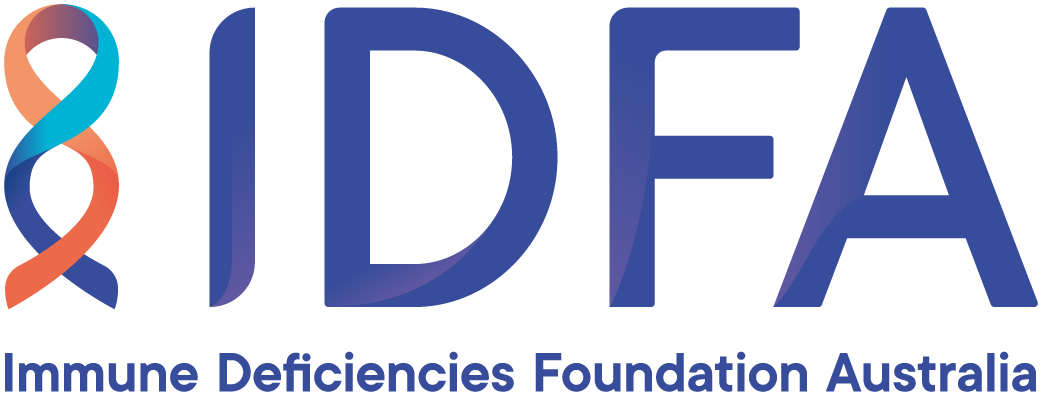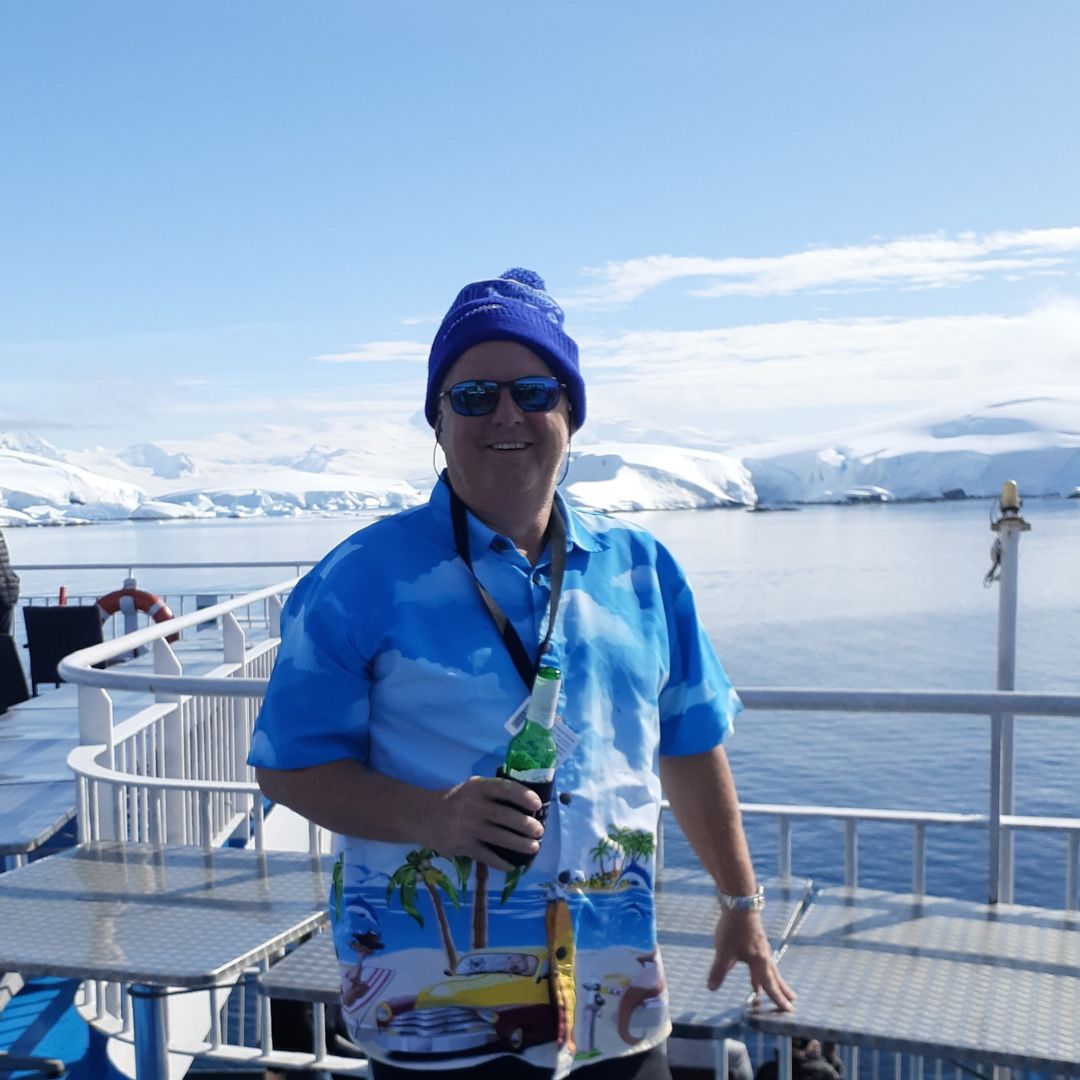For many years, Steve and his wife have found immense joy in giving back to their community. Since his retirement eight years ago, volunteering has continued to take up much of Steve’s free time. One of his current projects involves working at the Port of Brisbane with an organisation focused on replenishing the oysters in Moreton Bay. With a career as a diesel fitter, Steve has honed his skills in welding, which he now uses to help friends and family with various projects. These range from welding screen signs for his local AFL club to smaller tasks, which he enjoys.
In early 2021, Steve received a letter from Lifeblood after donating plasma, informing him that he could no longer donate due to his low immunoglobulin levels and advising him to see his healthcare professional. Around the same time, he got a letter from a study he was part of at the University of Queensland (related to PFOS), which also indicated low immunoglobulin levels and recommended further testing. This led him to his GP, who, after further testing, referred him to an immunologist. In February 2021, Steve was diagnosed with Common Variable Immunodeficiency (CVID).
If it hadn’t been for his plasma donation, Steve wonders if he would have ever discovered his immunodeficiency, but he is thankful to have learned about it before becoming too unwell. Over the course of his working life, Steve rarely had a sick day and finished his career with more than 3000 hours of unused sick leave—a privilege he deeply appreciates. Since his diagnosis, Steve has had one bout of illness, a chest infection, in the past three years.
Treatment for Steve involves weekly Subcutaneous Immunoglobulin (SCIg) therapy. As of September 2024, he will celebrate three years of this treatment—a significant milestone, especially given his initial reluctance due to a phobia of needles. Despite his fear, the benefits of treatment outweighed his concerns, and with the support of the nurses at the private immunology clinic where he began his treatment, Steve overcame his phobia and successfully managed his therapy.
Since starting treatment, Steve has been on two overseas trips—to New Zealand and Antarctica. For his trip to New Zealand, he easily navigated airport procedures with a letter from his doctor. However, he is aware of the potential challenges in other countries, like South America, where translating medical documentation could be more complicated. For international travel, Steve carefully considers whether he can skip a treatment or if he needs to carry his medication with him. He has a planned trip to Europe in 2025 and will be carrying his medication with him.
After his diagnosis, Steve became cautious and unsocial due to the fear of becoming severely unwell. He wears a mask in crowded places, especially on planes, to protect himself. If someone appears sick near him on a bus, he moves away to stay as healthy as possible. Although he loves football, Steve feels uneasy attending games due to the risk of illness, so he watches them from the safety of his home.
Steve initially received treatment at a private immunology clinic, where the caring staff accommodated his needle phobia and helped him through his first infusion. He had regular contact with the clinic for any questions or concerns, and he remains forever grateful for their support during the early stages of his treatment. Nowadays, Steve has transitioned to receiving his treatment at a public hospital, where he meets with the nursing staff to collect his medication as needed.
A firm believer in “there is no such thing as a stupid question,” Steve advises others to ask questions if they’re unsure about anything related to their diagnosis or treatment. It’s better to seek clarity early on than to receive the wrong treatment and suffer the consequences.
To fill his cup, Steve enjoys meeting up with his old workmates, who often comment that his smile gets bigger each time he drops by. Despite his immunodeficiency diagnosis, Steve doesn’t let it stand in the way of the things he loves most, travelling and volunteering.

